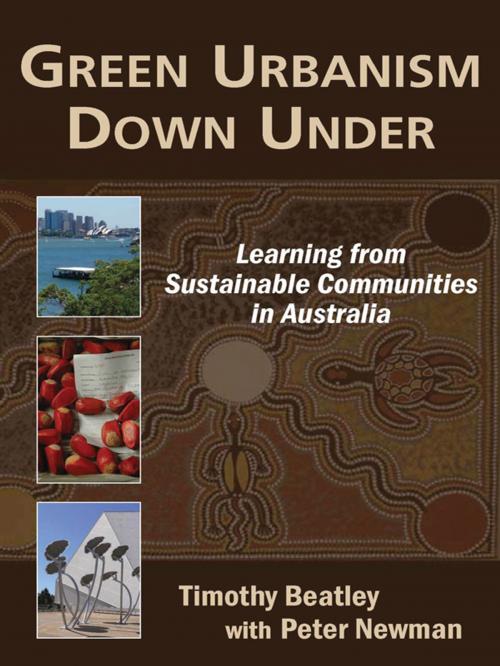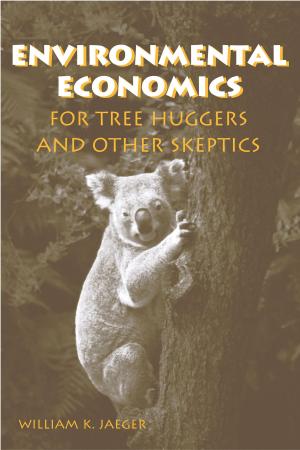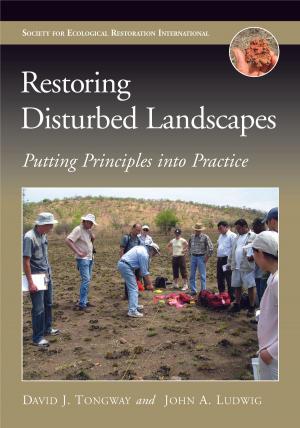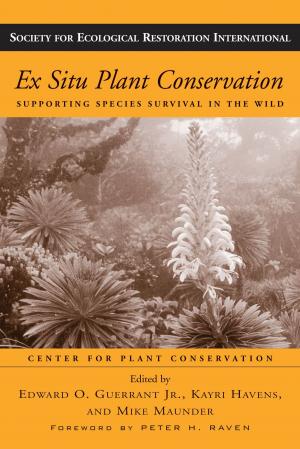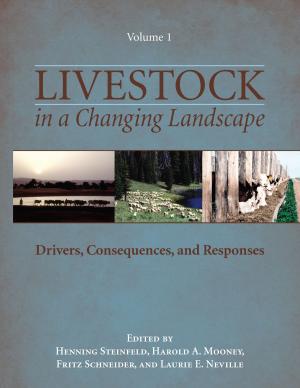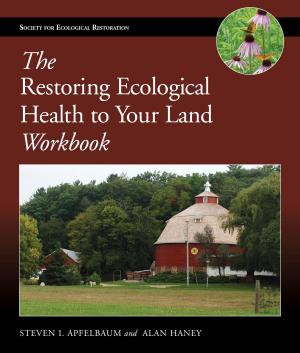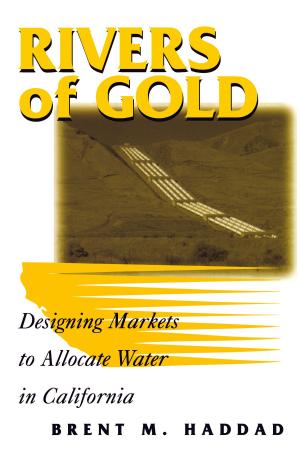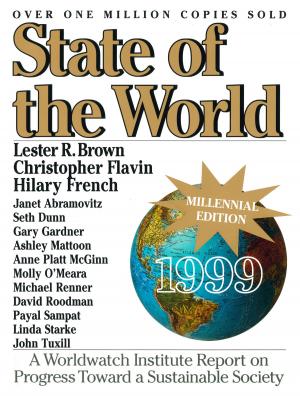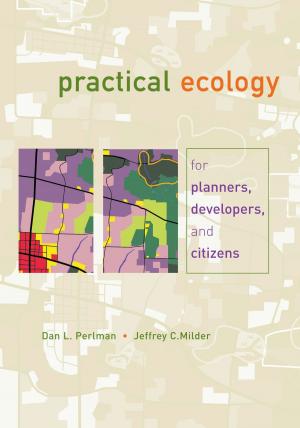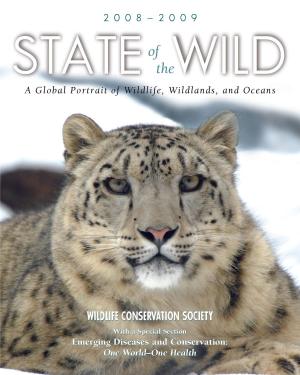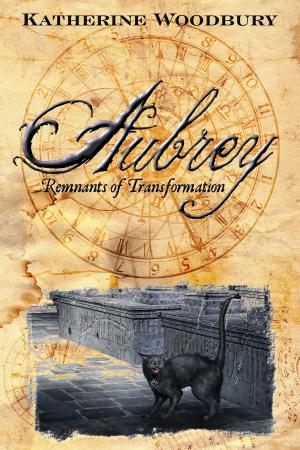Green Urbanism Down Under
Learning from Sustainable Communities in Australia
Nonfiction, Art & Architecture, Architecture, Planning, Business & Finance, Economics, Sustainable Development| Author: | Timothy Beatley, Peter Newman | ISBN: | 9781597268622 |
| Publisher: | Island Press | Publication: | September 26, 2012 |
| Imprint: | Island Press | Language: | English |
| Author: | Timothy Beatley, Peter Newman |
| ISBN: | 9781597268622 |
| Publisher: | Island Press |
| Publication: | September 26, 2012 |
| Imprint: | Island Press |
| Language: | English |
In this immensely practical book, Timothy Beatley sets out to answer a simple question: what can Americans learn from Australians about “greening” city life? Green Urbanism Down Under reports on the currstate of “sustainability practice” in Australia and the many lessons that U.S. residents can learn from
the best Australian programs and initiatives.
Australia is similar to the United States in many ways, especially in its “energy footprint.” For example, Australia’s per capita greenhouse gas emissions are second only to those of the United States. A similar percentage of its residents live in cities (85 percin Australia vs. 80 percin the United States). And it suffers from parallel problems of air and water pollution, a national dependence on automobiles, and high fossil fuel consumption. Still, after traveling throughout Australia, Beatley finds that there are myriad creative responses to these problems—and that they offer instructive examples for the United States.
Green Urbanism Down Under is a very readable collection of solutions.
Although many of these innovative solutions are little-known outside Australia, they all prespractical possibilities for U.S. cities. Beatley describes “green transport” projects, “city farms,” renewable energy plans, green living programs, and much more. He considers a hof public policy initiatives and scrutinizes regional and state planning efforts for answers. In closing, he shares his impressions about how Australian results might be applied to U.S. problems.
This is a unique book: hopeful, constructive, and filled with ideas that have been proven to work. It is a “must read” for anyone who cares about the future of American cities.
In this immensely practical book, Timothy Beatley sets out to answer a simple question: what can Americans learn from Australians about “greening” city life? Green Urbanism Down Under reports on the currstate of “sustainability practice” in Australia and the many lessons that U.S. residents can learn from
the best Australian programs and initiatives.
Australia is similar to the United States in many ways, especially in its “energy footprint.” For example, Australia’s per capita greenhouse gas emissions are second only to those of the United States. A similar percentage of its residents live in cities (85 percin Australia vs. 80 percin the United States). And it suffers from parallel problems of air and water pollution, a national dependence on automobiles, and high fossil fuel consumption. Still, after traveling throughout Australia, Beatley finds that there are myriad creative responses to these problems—and that they offer instructive examples for the United States.
Green Urbanism Down Under is a very readable collection of solutions.
Although many of these innovative solutions are little-known outside Australia, they all prespractical possibilities for U.S. cities. Beatley describes “green transport” projects, “city farms,” renewable energy plans, green living programs, and much more. He considers a hof public policy initiatives and scrutinizes regional and state planning efforts for answers. In closing, he shares his impressions about how Australian results might be applied to U.S. problems.
This is a unique book: hopeful, constructive, and filled with ideas that have been proven to work. It is a “must read” for anyone who cares about the future of American cities.
